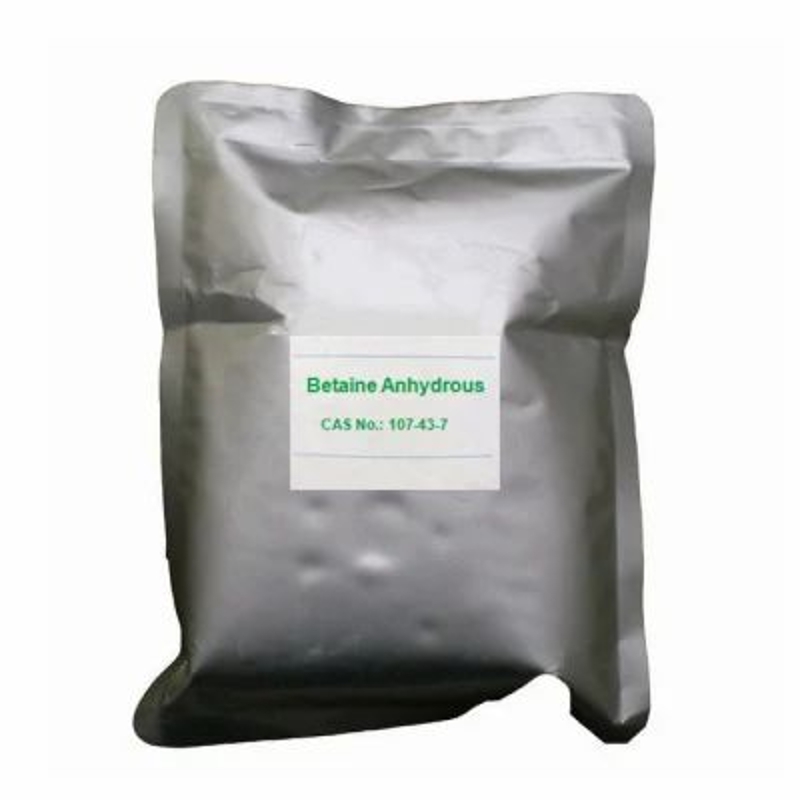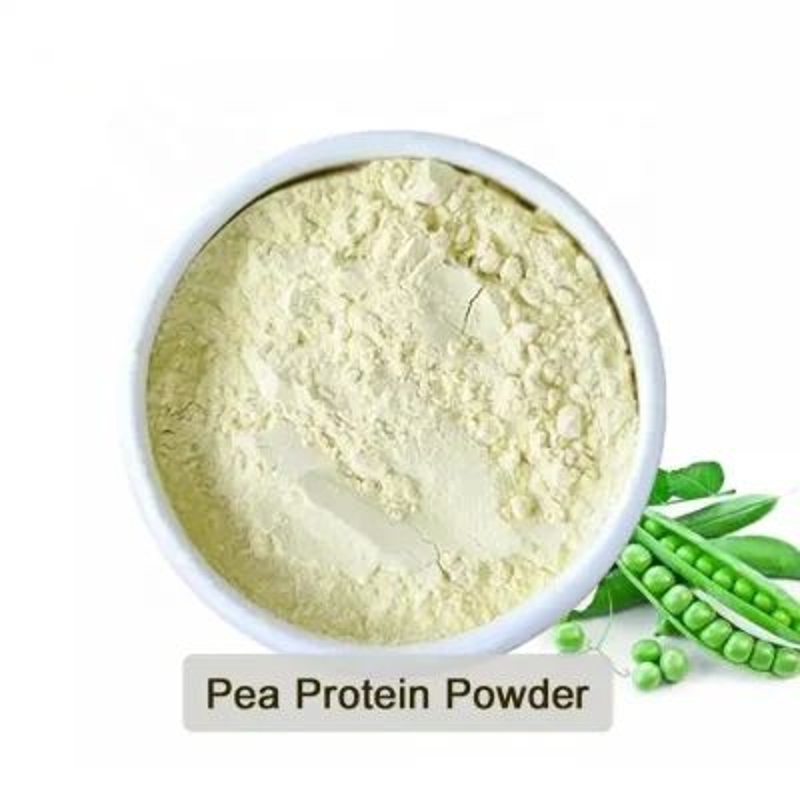-
Categories
-
Pharmaceutical Intermediates
-
Active Pharmaceutical Ingredients
-
Food Additives
- Industrial Coatings
- Agrochemicals
- Dyes and Pigments
- Surfactant
- Flavors and Fragrances
- Chemical Reagents
- Catalyst and Auxiliary
- Natural Products
- Inorganic Chemistry
-
Organic Chemistry
-
Biochemical Engineering
- Analytical Chemistry
-
Cosmetic Ingredient
- Water Treatment Chemical
-
Pharmaceutical Intermediates
Promotion
ECHEMI Mall
Wholesale
Weekly Price
Exhibition
News
-
Trade Service
Boiling peanuts for 12 hours can help overcome allergic reactions in children, according to a clinical trial by Flinders University and SAHMRI, which found that up to 80 percent of children with peanut allergies become desensitized
to eating peanuts.
The clinical trial, funded by the South Australian Channel 7 Children's Research Foundation and published in the journal Clinical and Experimental Allergy, tested whether continuous administration of boiled peanuts, followed by roasted peanuts, could help children overcome peanut allergies
.
The trial builds on previous research by Tim Chataway, an associate professor at Flinders University School of Medicine and School of Public Health, which showed that heat affects the protein structure and allergic properties of peanuts, meaning they are unlikely to cause severe allergic reactions
.
"Children are first given small doses of boiled nuts to partially desensitize, and when they show no signs of an allergic reaction, they are given large doses of roasted peanuts to improve their tolerance in the next phase of treatment
," said Dr Chataway.
To achieve this multi-step process, known as oral immunotherapy, the researchers asked 70 children (ages 6-18) with peanut allergy to consume boiled peanuts for 12 weeks, boiled peanuts for 20 weeks for 2 hours, and roasted peanuts
for 20 weeks.
The new two-step therapy was tested and participants were expected to eat 12 roasted peanuts a day without an allergic reaction
.
The results showed that 56 of the 70 participants (80%) were desensitized
to the target dose of peanuts.
Forty-three (61%) participants reported treatment-related adverse events, but only three dropped out of the trial as a result, demonstrating good safety standards
.
Luke Grescovyak, an associate professor at Flinders University's School of Medicine and Public Health and the South Australian Institute of Health and Medical Research, who is the lead author of the study, said up to 3% of children in Western countries have peanut allergy and the clinical trial could help develop a new therapeutic pathway to reduce the risk of accidental peanut exposure and significantly improve the quality of life
for children with peanut allergy and their caregivers.
Associate Professor Grzeskowiak, Associate Professor Grzeskowiak, Researcher on Drug Use and Safety at the Channel 7 Children's Research Foundation, said: "Our clinical trial shows promising early signs that boiling peanuts may provide a safe and effective way to treat children with peanut allergy by continuously taking boiled and roasted peanuts
over a period of time.
"
"There is currently no approved peanut allergy treatment in Australia and there is still a lot of research to be done
.
Unfortunately, oral immunotherapy is not for everyone, and we are improving our understanding
of how these therapies work and what factors influence people's response to treatment.
This is important
to assess an individual's suitability for treatment and to improve future treatment decisions.
”
The study was conducted in collaboration with pediatric allergist Dr.
Billy Tao, who has been developing new desensitization processes to treat peanut allergy
over the past decade after being inspired by similar research in the 90s of the 20th century.
The study's authors concluded that while these findings hold great promise that current oral immunotherapy approaches can become safer and more effective, this needs to be confirmed
in larger eventual clinical trials.







